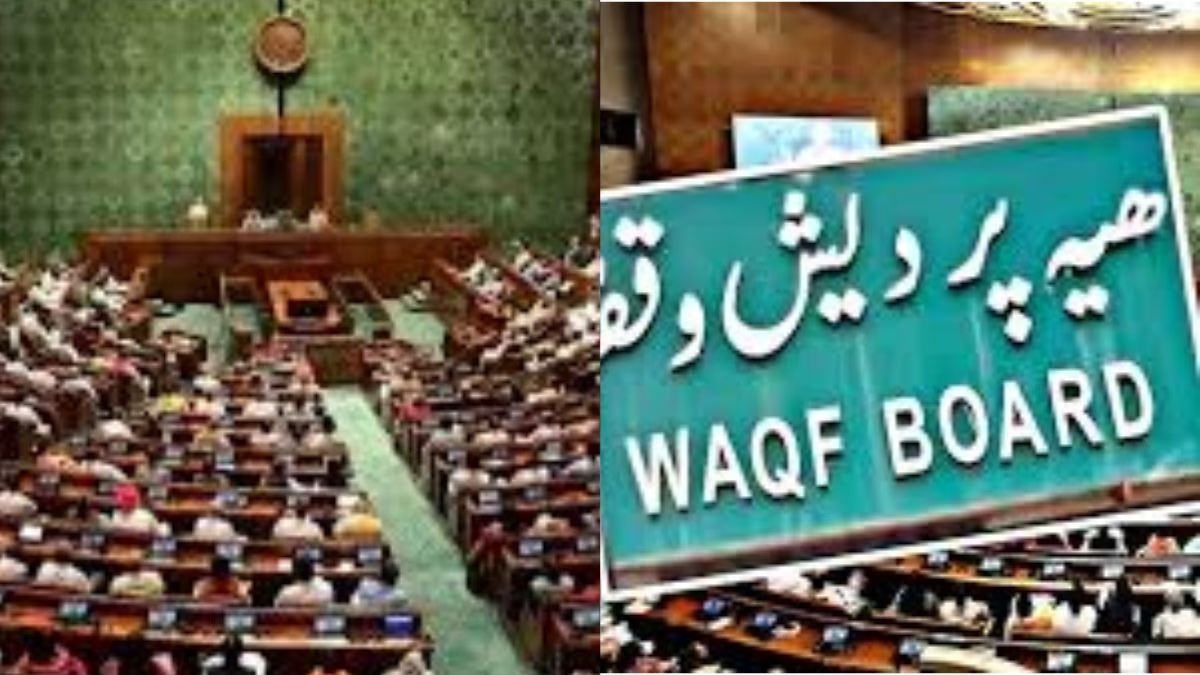In the second phase of the ongoing budget session, the government is gearing up to present the Waqf Amendment Bill. This legislation might be introduced in the Lok Sabha on April 2. Parliamentary Affairs and Minority Affairs Minister Kiren Rijiju had initially tabled this bill on August 8, 2024, which was then referred to a Joint Parliamentary Committee (JPC) after an opposition uproar. Led by Jagdambika Pal, the JPC's report has resulted in a revised bill that already has cabinet approval. Bringing this bill to Parliament is no small task and will likely face significant challenges, despite its journey through the JPC.
Understanding the Numbers in Parliament
The Lok Sabha currently has 542 members, with the BJP being the largest party, accounting for 240 members. The ruling National Democratic Alliance (NDA) under BJP's lead has 293 members, surpassing the necessary 272 for passage of the bill. In contrast, the opposition Congress has 99 members, with combined strength in the India Bloc peaking at 233 members. Notable independent voices include ASA's Advocate Chandrashekhar and SAD's Harsimrat Kaur Badal, who are not aligned with either the NDA or India Bloc. Several independents remain unallied.
In the Upper House, Rajya Sabha comprises 236 members, with BJP holding a strength of 98. The NDA, incorporating around 115 members including six nominated members who tend to support the government, edges to 121, slightly exceeding the essential 119 for legislative approval. Congress holds 27 seats, alongside 58 from other India Bloc parties, tallying an opposition count of 85. Additional members include 9 from YSR Congress, 7 from BJD, and 4 from AIADMK. Together with other small parties and independents, three members remain unaffiliated with either major coalitions.
Government vs. Opposition: A Bill Controversy
The ruling side argues that the Waqf Amendment Bill will empower resolution of disputes concerning Waqf properties, enhance its utilization, and benefit Muslim women. Spearheaded by BJP's Jagdambika Pal, JPC presented a report incorporating 14 amendments from NDA allies. Conversely, it rejected 44 amendments proposed by the opposition.
Key Objections to the Waqf Bill
1. Disputes on Waqf properties can now be contested in High Court, whereas earlier, Waqf Tribunal decisions were deemed final. 2. Waqf cannot claim property without explicit donation, a shift from previous automatic claims rights. 3. Inclusion of two members from women and other religions in Waqf Board; previously absent. 4. Collectors authorized to survey Waqf properties and assess their valuation.




